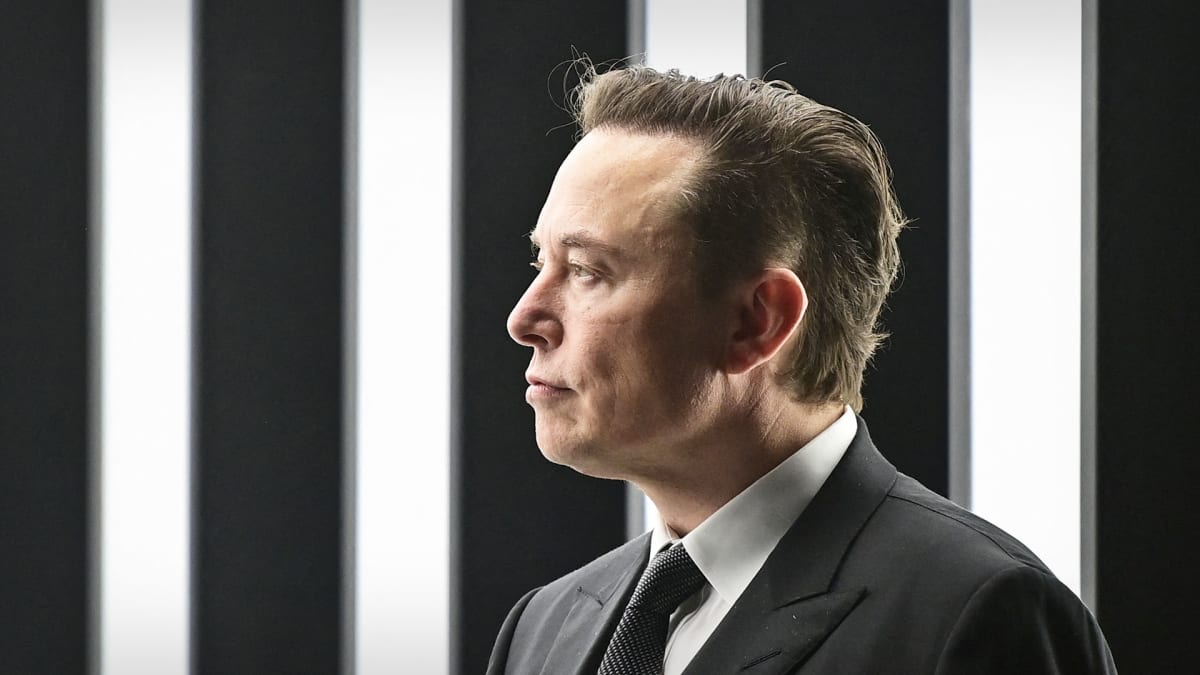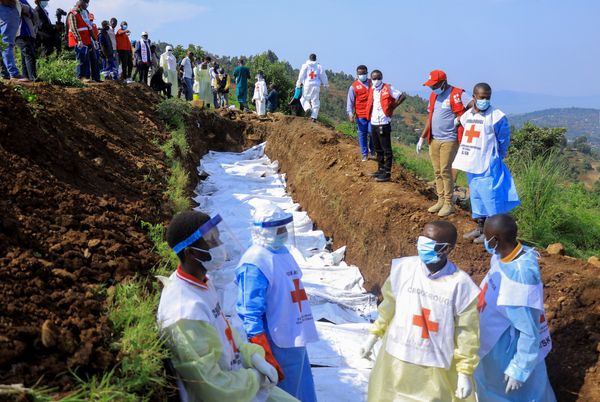
Russia invaded Ukraine on Feb. 24, 2022, and the unprovoked invasion was supposed to end rapidly, according to the calculations of Russian President Vladimir Putin.
More than eleven months later Russia's forces are bogged down in the face of strong resistance from the Ukrainian armed forces, which are supported by NATO and the European Union. The war has claimed thousands of lives and displaced millions more.
The situation continues to deteriorate, and tension mounts, with the ever-present prospect of escalation.
U.S. Agrees to Provide Tanks to Ukraine
After a long delay, the U.S. said on Jan. 25 that it intended to provide 31 heavy tanks to Ukraine, despite warnings from Moscow. Until recently, the Biden administration said it was not ready to provide its most advanced heavy tanks, the Abrams models, to Ukraine to fight the Russian invasion, justifying the refusal by maintenance and training issues.
"Secretary [Lloyd] Austin has recommended this step because it will enhance the Ukraine's capacity to defend its territory and achieve its strategic objectives," Biden said in remarks from the White House, flanked by Austin, the defense secretary, and Secretary of State Antony Blinken.
The U.S. decision was aimed, according to military experts, at encouraging Germany to provide its Leopard 2 tanks to Ukraine. Indeed, for weeks Ukraine pressured Western countries, Germany in particular, to provide its Leopard 2 tanks.
Berlin then asked the U.S. to be the first to send tanks. Sending heavy tanks breaks a taboo among Ukraine's allies, who by doing so sink a little deeper into the war.
In addition to the Abrams and Leopard tanks, Kyiv will be able to count on the Challenger tanks, promised by the U.K., to counter a possible large-scale Russian offensive, which is feared to be planned for the spring. France has not yet made its decision concerning its Leclerc tanks.
"We remain united and determined as ever in our conviction and our cause," Biden said at the White House. "These tanks are further evidence of our enduring, unflagging commitment to Ukraine and our confidence in the skill of the Ukrainian forces. As I told President Zelenskyy when he was here ... in December: 'We're with you for as long as it takes, Mr. President.'"
Elon Musk Poses Two Questions
All these efforts, which provoke Moscow's ire, are a sign that the conflict is far from subsiding. And that's what worries Elon Musk, the billionaire CEO of Tesla (TSLA) and one of Ukraine's biggest supporters.
He has just asked a very disturbing question, apparently directed at the Ukrainian authorities and the NATO countries supporting Kyiv.
"Nobody is in favor of the Russian invasion, but how does this end with the least amount of bloodshed?" the billionaire asked on Jan. 26.
This question from the serial entrepreneur came in the context of an exchange on Twitter. A user relaying a rumor asked how many more lives were to be lost because of the Russia-Ukraine war.
"If Ukraine ceases to defend itself, the bloodshed will not end. This is the point," responded a Twitter user.
If he didn't disagree with the user, the billionaire seemed to call on people to look at the bigger picture.
"The fundamental question remains: what is the realistic path to peace?" the billionaire asked on Jan.26. "There doesn’t seem to be one."
The tech tycoon provides Starlink, a satellite internet access service developed by his company SpaceX, to Ukraine.
Starlink is the communications system used by the Ukrainian armed forces on the front line and also enables the country to remain connected to the world after Russia destroyed the Ukrainian telecommunications infrastructure.
Last October, Musk had proposed a controversial peace plan to end this war. Under the terms the Ukrainians would have ceded Crimea to Russia. Crimea was annexed by the Russians in 2014.
Ukraine also would've had to renounce becoming a member of NATO and the European Union, two organizations that Russian President Vladimir Putin considers threats to his country's sovereignty.
The Ukrainians saw it as a proposal to capitulate.
The plan gave the impression that Musk was pro-Russian, as it mirrored Russia's demands. The Ukrainian authorities vehemently rejected the plan, often with strong words. Andrij Melnyk, Ukraine's ambassador to Germany, even said "F--- off" to Musk's diplomatic efforts. Ukrainian President Volodymyr Zelensky accused Musk of being pro-Russian.
Faced with such strong reactions, the billionaire explained that his plan was realistic. Musk said he feared that the conflict would escalate into all-out war with the possibility of a nuclear attack and potentially devastating consequences for Ukraine and the world.







